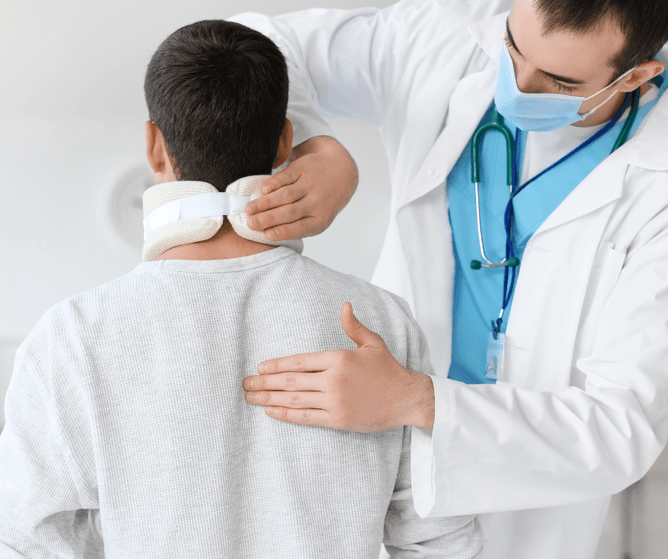Road to Recovery: Rehabilitation After Spinal Cord Injuries
Recovering from a spinal cord injury is a journey that requires determination, resilience, and a strong support system. The path can be long and challenging, but it is also filled with moments of progress and hope. Rehabilitation is crucial in this process, helping individuals regain their independence and enhance their quality of life. Through therapies such as physical and occupational therapy, people can work toward rebuilding strength, coordination, and mobility. Structured programs that gradually increase in intensity—starting with foundational spinal stability and progressing to strength and functional movement—can support a safe and sustainable recovery. Each small achievement, from moving a finger to taking a first step, contributes to a renewed sense of purpose and possibility.
The Role of Mental Health in Recovery
Adjusting to life after a spinal cord injury can be emotionally overwhelming. Many individuals experience frustration, loss, or uncertainty about the future. Acknowledging these emotional shifts is an essential part of the healing process. Supportive counselling and peer-led groups can offer safe spaces to address these feelings and build coping strategies. Sharing experiences with others on a similar path can ease feelings of isolation and help foster emotional resilience. By addressing mental health alongside physical rehabilitation, individuals are often more open and motivated to engage in therapy, creating a more holistic and empowering recovery experience.
The Impact of Adaptive Technology
Advancements in adaptive technology are changing what’s possible after a spinal cord injury. From simple daily aids like modified utensils and wheelchairs to complex innovations such as exoskeletons and robotic-assisted movement devices, these tools help individuals regain control and independence. Integrating these technologies into rehabilitation, alongside traditional therapy, can improve confidence and increase engagement in everyday activities. Involving family members in learning how to use this equipment can also create a supportive, inclusive environment that encourages ongoing progress.
Building Strength Through Physical Wellness
A focus on physical well-being is central to spinal cord injury rehabilitation. Regular, guided movement supports circulation, muscle tone, and joint mobility, while also helping to prevent secondary complications. Tailored fitness plans—whether through aquatic therapy, resistance exercises, or proprioception training—can be adapted over time as strength and function improve. At Holistic Strength, we understand that recovery is not one-size-fits-all. Our spinal rehabilitation programs are individually designed based on each person’s surgery, movement patterns, and physical capacity, with progressive goals such as spinal stability, strength-building, and functional reintegration.
Stories of Strength and Possibility
For many, real-life success stories offer inspiration and motivation throughout recovery. Whether it's returning to a favourite sport, learning a new skill, or achieving greater independence in daily life, these milestones reflect the possibilities through determination, support, and tailored rehabilitation. Rehabilitation is not a one-size-fits-all process. Personalised programs that align with an individual’s specific surgery, movement patterns, and strength levels, such as those designed over several weeks to build spinal stability and function gradually, can make a meaningful difference. Each journey looks different, but the shared spirit of resilience connects them all.
Looking Ahead
Recovery from a spinal cord injury involves more than just physical healing; it’s a journey of rediscovering one’s identity, rebuilding confidence, and embracing new possibilities. Although the path can be challenging, support from healthcare professionals, family, and peers forms a network that enhances each step forward. With the right guidance and resources, individuals adapt to their new normal and thrive within it.
At Holistic Strength, our personalised spinal rehabilitation programs are designed to support this journey, offering structured, compassionate care every step.
